A look at how North Penn judges a book
Recent comments at board meetings regarding books in NPSD libraries sent the Knight Crier to district administration for clarity on book policies
JUDGING A BOOK: Recent board meetings have seen complaints about books alleged to have been found in NPSD libraries.
Lansdale – Vulgar words and loud displays of displeasure from various members of the community were expressed at the last North Penn School District board meeting on October 21. The excerpts they read aloud to the board were words that came directly from certain books in North Penn School District’s libraries.
Parents in the community, some more hostile than others, read out excerpts from multiple books containing inappropriate language and called out the board for allowing such books to be in elementary school libraries.
Nationwide, certain books such as Gender Queer by Maia Kobabe, All Boys Aren’t Blue by George M. Johnson, and Lawn Boy by Johnathan Evison have been under fire in school board meetings across the country, with North Penn added to the growing list of school districts affected by parental outrage.
North Penn has its own process that it undergoes whenever a challenge comes in about books that parents deem inappropriate for their children. This is a process that some might not be aware of when bringing concerns to the School Board, especially since the board has very little to do with the initial process itself.
“There are over 100,000 books in our libraries. I don’t expect that the librarian has read every single one of them,” Assistant Superintendent Dr. Todd Bauer said. “The best thing we can do in the world of education is when we find out about mistakes, we learn about them and try to do better next time.”
The best thing we can do in the world of education is when we find out about mistakes, we learn about them and try to do better next time
— Dr. Todd Bauer, NPSD Asst. Superintendent
The process that books typically go through in order to enter the library starts with consulting a variety of different sources like the American Library Association (ALA), the Association for Library Service to Children (ALSC), Booklist, and many other library organizations that have reviewed and critiqued all kinds of different books for each grade level.
One book in particular was Johnson’s All Boys Aren’t Blue, and it was brought up by multiple parents at the last school board meeting who were claiming that it had been in one of the elementary school libraries up until that week.
“Once the book was read, it was determined ‘this is not appropriate for an elementary school’ and it was removed from the shelf by our staff. There was a statement that evening that someone called and we removed it as a result and that is not true,” Bauer said, clearing up misconceptions some audience members had about the entire situation. “It was signed out once by an adult in April. The book was not placed back on the shelves since then, it was not signed out by any students whatsoever, and the adult that signed it out never read it. When the librarian read it over the summer, she said ‘this is not appropriate’ and took it off the shelf. It is with a stack of books that are no longer in circulation since the summer.”
There is also a list of banned and challenged books on the ALA’s website that brings certain books into the spotlight every year. There are many famous titles within the list such as To Kill a Mockingbird by Harper Lee, Of Mice and Men by John Steinbeck, and Lord of the Flies by William Golding; all books that are taught in the North Penn School District curriculum as of today. Novels such as these have long been on such lists, but public schools have also long looked past that for the proven academic value of these titles. Meanwhile, there are certainly books that should be placed on lists and are not..
“A five or six year old might pick up a book off the shelves because they think it looks nice. High school kids in general aren’t shopping on the shelves.They go for a reason,” Bauer explained. “I think you could have an elementary student fall upon a title or a book whereas it’s not as typical for a secondary kid.”
There certainly is an issue regarding where the line should be drawn at appropriate and inappropriate books and Bauer said it all depends on the grade level.
“The risk for certain titles in the secondary, in particular the high school level, is less,” he said. “I think kids go to read what they want to read and some kids want to read things that I’m sure there are people in our community who would think are inappropriate.”
Bauer made it clear the night of the school board meeting, as well as afterwards, that he thinks the book was purchased with “the best of intentions and…the person [who purchased it] made a mistake.”
The official policy of reviewing challenged books in the district is administrative regulation 6158(a), as well as board policy 109. This process allows for the reviewing of books that community members think should be challenged. There is a form to challenge education materials but in this current situation, the form was not filled out. Based on the response at the School Board meeting however, Bauer acknowledged that these books are ones that should be reviewed.
Director of curriculum Dr. Pamula Hart is a member of the current committee to review these books. Currently, the committee is in the process of evaluating the 3 books stated earlier where they will then make their recommendations to Assistant Superintendent Dr. D’Ana Waters.
“We have convened a small group of staff members, teachers, administrators, supervisors and we’re all reading the books and taking a little bit of a deeper dive and we’re going to reconvene to be able to make some recommendations to Dr. Waters in her role as assistant superintendent,” Hart explained, stating that their recommendation to Waters would then travel to the Board where they will discuss it at the next School Board meeting on November 18.
I do think as the world expands we just have to make sure that we can make informed decisions about the texts we have in our libraries
— Dr. Pamula Hart, NPSD Director of Curriculum and Equity
“I do think as the world expands we just have to make sure that we can make informed decisions about the texts we have in our libraries,” Hart said. “I’m pretty sure that there will be texts that some people might be comfortable with that other people might disagree with and that’s ok. We have thousands of books to choose from and there might be books that maybe you disagree with that I find myself in and that’s part of the benefit of having such a wide collection.”
With issues like these involving the content of materials in school libraries, it becomes difficult where to draw the line between appropriate and inappropriate. On both sides of the argument whether one believes that books should not be restricted, or they should, how does that get decided? The truth is, it’s hard to tell.
“I think it’s fair to say that [the decision makers] will be more critical of the titles, especially in certain areas,” Bauer expressed. “I’m sure there are instruments for reviewing literature materials. So I think that we should do our due diligence in finding such resources and finding what fits best for North Penn and leveraging those resources to make the best decisions we can with all kids in mind.”
This topic will be further discussed at the School Board Action meeting on November 18 at 7 pm in the Penndale Middle School Auditorium.




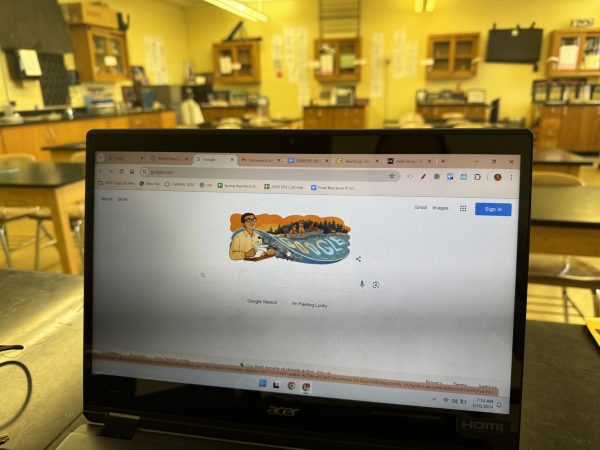

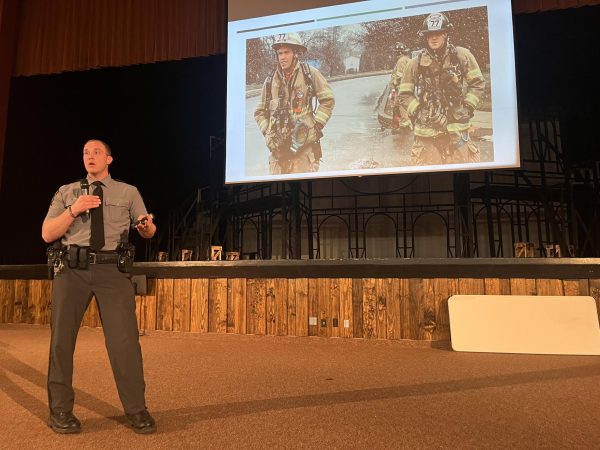
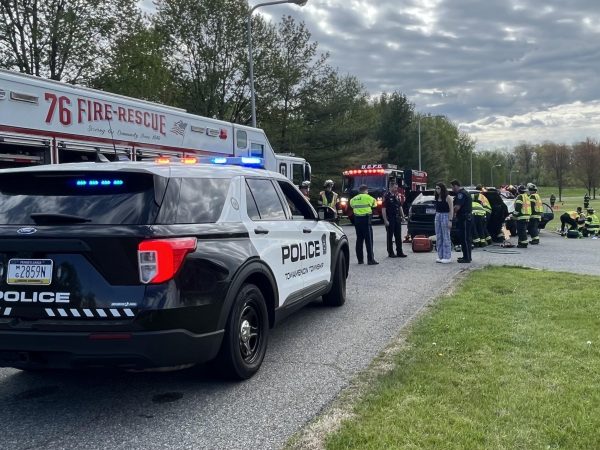
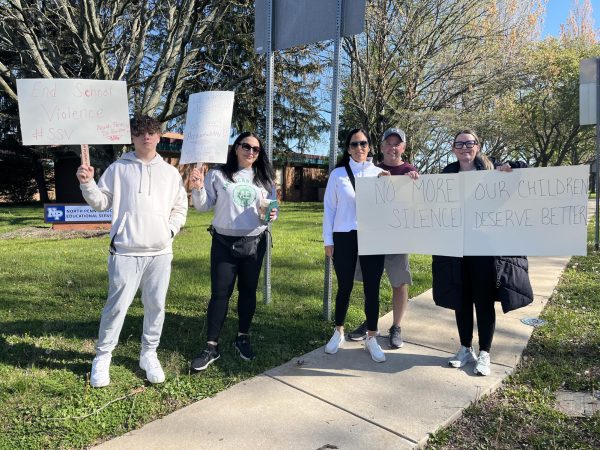
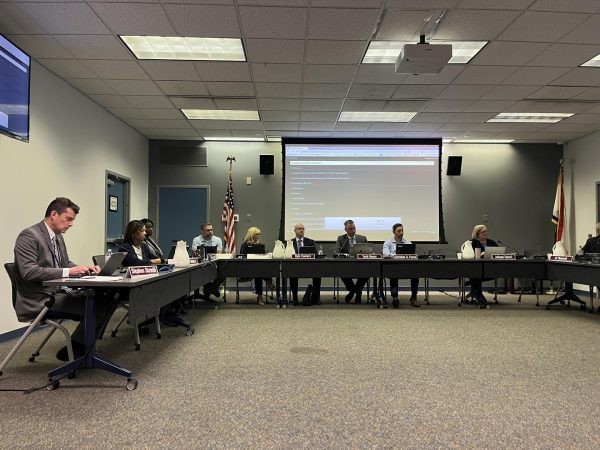

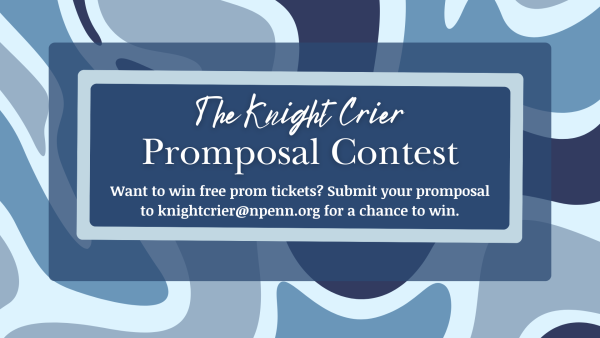
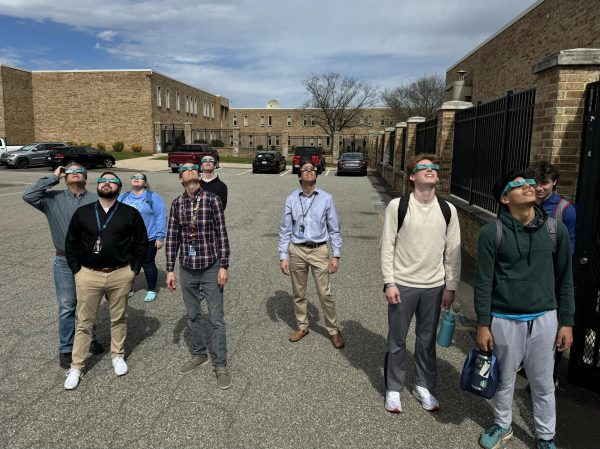
Ethan Fox • Nov 10, 2021 at 11:35 am
Loved the article! Thank you for stating the information about the next school board meeting, I wanted to go but didn’t know the details, and now I do. I heard about this issue and wanted to learn more, and this article was a great source.